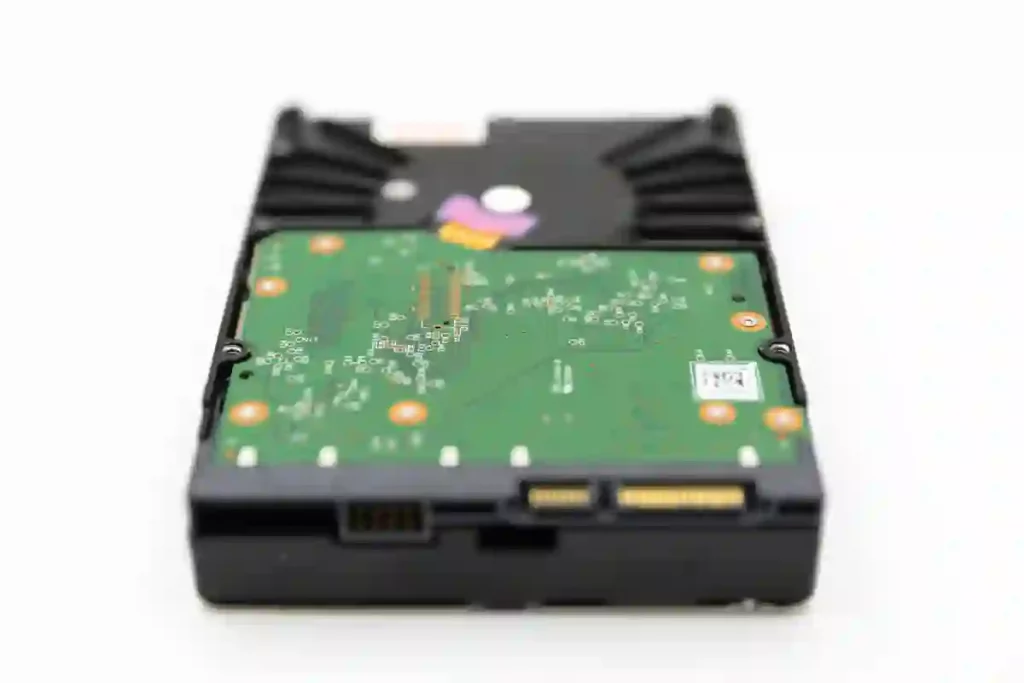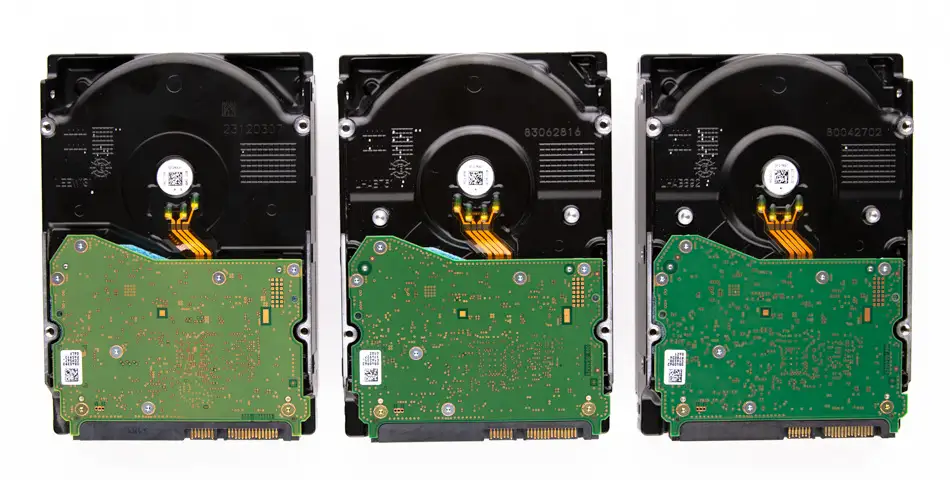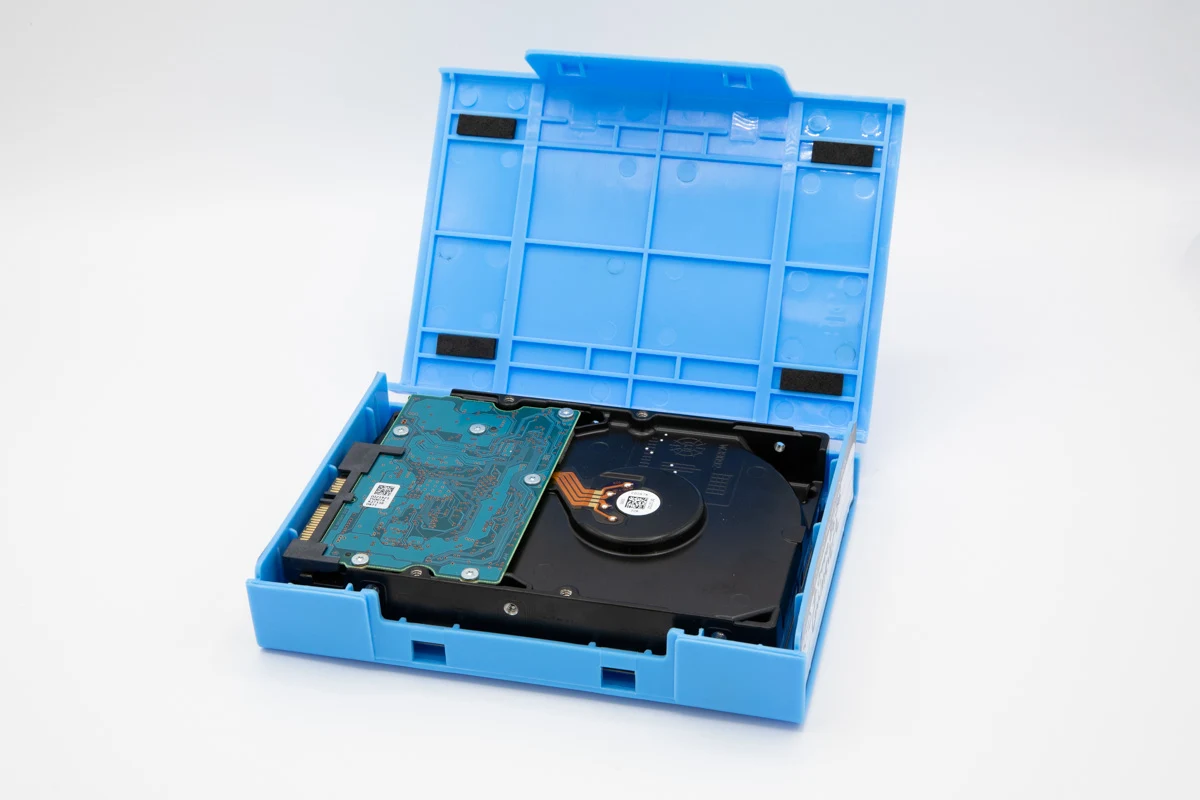Data loss can become a severe problem for all users of hard drives, RAIDs, solid-state drives, and other storage devices. It can occur due to various reasons, including accidental deletion, corruption, or formatting. Viruses, physical damage, power surge, or human errors can render data unreadable for software and make it inaccessible to users.
Aside from backing up data to avoid data loss, computer users should understand the common signs of data loss. By understanding what is happening with the device, a user can perform several actions and increase the chances of successful data recovery.
Knowing the warning signs of data loss can save valuable data and assist in the consequent data recovery process. Data loss signs vary depending on the kinds of damage.
Noticeable Signs of Data Loss and Failure
Strange Noises
Sound is one of the first factors users should pay attention to. Usually, people do not pay attention to unusual noises coming from the drive if the device works normally. However, unusual sounds can indicate that the platter surface is damaged and can be a clear sign that something is not right.
Blue Screen of Death
Nearly everyone knows a classic Windows operating system, BSoD. This error occurs when the operating system encounters a "stop error" caused by damaged or faulty hardware. In some cases, the computer will automatically restart as a form of defense. Therefore, it can cause file corruption.
The Device Does not Boot
The bootable devices are any data storage, such as internal and external hard drives, that are functional. When you click the start button, BIOS must recognize the device and activate the operating system. But if it does not, the user will see an error saying "Boot device not found" on the computer's screen, indicating a data loss.
Frequent Error Messages
If error messages appear frequently during normal operations, something is incorrect. Usually, users try to fix this problem themselves. However, without technical background, it will be impossible to solve the issue. Messages can disappear after restarting the device, but it does not mean device is fixed.
Irregular System Crashes
Hard drives, like any data storage device, are susceptible to failures. When a failure on your media occurs, it is essential to stop operating on it. Subsequent actions can cause severe consequences, including corruption and overwrite. Hence, our engineers recommend powering the device down without attempting to solve the problem.
Device not Recognized
In such situations, a laptop or desktop computer does not recognize the hard drive. The device is not showing on the appliance, so all the files stored on it become inaccessible to the user. This sign is often applicable to external hard drives. However, you must also check if the drive is detected on other computers.
Unnoticeable Signs of Data Loss for Users
After mentioning the noticeable symptoms of data loss on hard drives, we must also mention the signs that stay unnoticeable. A user should be prepared for everything when working with these devices. Not to lose all the valuable data permanently, it is essential to perform regular inspections of your device.
S.M.A.R.T. Analysis Shows Faults
S.M.A.R.T. is a reliable utility of self-monitoring, analysis, and reporting for your appliance. This monitoring system provides each device, like computer hard disk drives (HDDs), solid-state drives (SSDs), and eMMC drives, with a degree of internal status monitoring.
Nowadays, each hard drive has S.M.A.R.T. It will notify the user about any hardware failure or system faults. In addition, this tool offers actions suitable for their case to prevent data loss. Thus, the users can save their valuable data by following a recommendation of the S.M.A.R.T.
Bad Sectors
A bad sector is a consequence of the mechanical damage made to the hard drive.

It is often caused by manufacturer’s flaws, wear-and-tear, read-write head crashes, power outage and surge, physical shock, or dust influence.
Bad sectors are permanently damaged parts of disk storage, so the files of bad sectors are inaccessible to the users. Identifying bad sectors on the hard drive is complicated, as it does not show any identifiers to the user. Because of the damage, all information in this sector will become inaccessible.
Disappearing Files and Folders
Data can often disappear from the device without informing the user about it. And, most probably, a user will only notice that the file or folder is missing if there is a need for it. Thus, you can easily bypass this sign of data loss without understanding that something is wrong with your system.
The main reason users do not notice this complication is that it starts spreading slowly. It also forms its way from the rarely used files, so the person would not be suspicious. This issue begins to spread without any warnings.
The long wait is also a symptom of data loss. It may seem that simultaneously operating programs cause it, but it mostly indicates the slowdown in the computer’s speed and failure.

When noticing such signs from your device, it is essential to go through several steps to avoid worsening the situation. Users must pay attention to the media’s performance and note other signs of failure.
After ensuring that the device is facing a data loss, power it down. Do not restart your device in an attempt to recover the files yourself. It can cause overwriting and permanent data loss.
In situations like these, it is essential to entrust your device to professionals. PITS Global Data Recovery has years of experience restoring data from various brands and models of hard drives. We work with any operating system and file type and successfully recover clients’ data.
You can call PITS Global Data Recovery Services at (888) 611 0737 or submit a request help form below if you notice that your hard drive is failing or facing a data loss. We will get back to you at the earliest opportunity, and our customer service representative will happily answer all your questions. Entrust us, and we will recover your data.
Request Help
"*" indicates required fields
